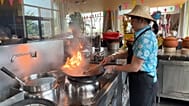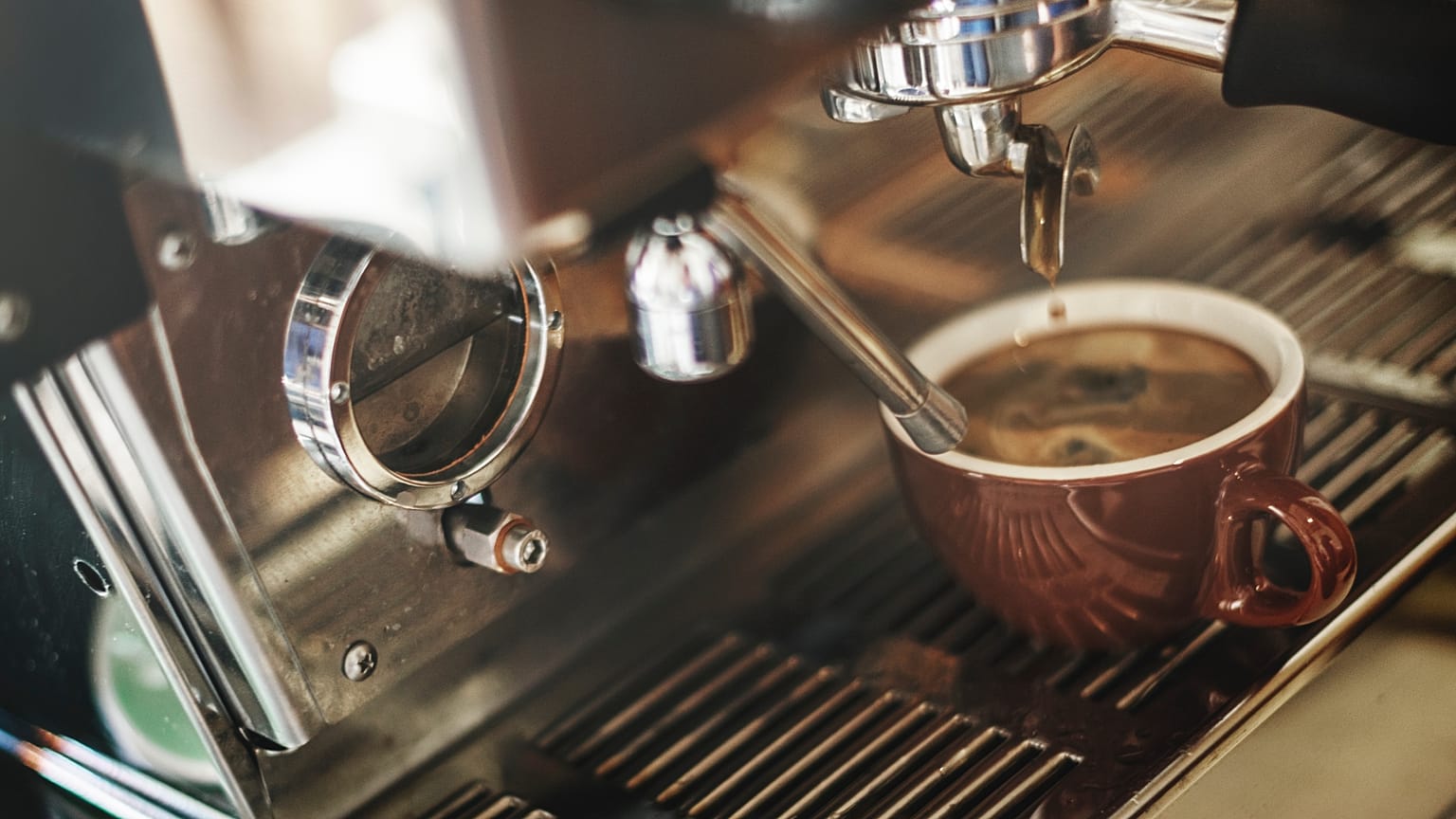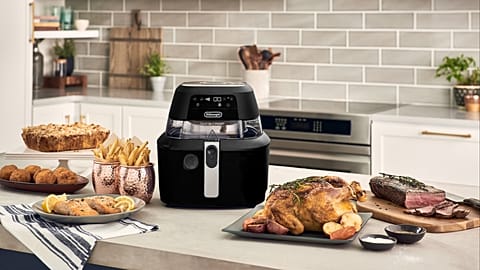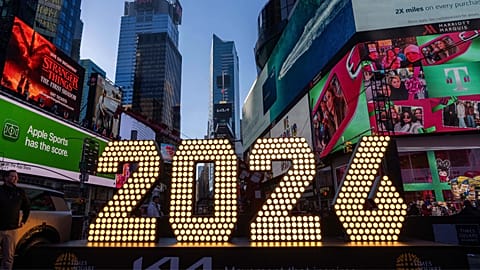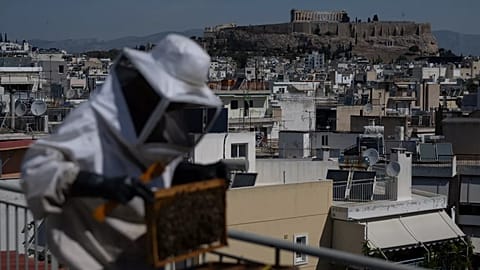What is specialty coffee and how has it become the most trendy drink in the French capital?
In a city often considered the epicentre of culinary excellence, it is surprising that the specialty coffee business only took off a few years ago in Paris. Surely, coffee has been around in France, but it wasn’t the sweet kind that is appreciated slowly in a lovely coffeeshop. Traditionally, French coffee is acidic, bitter even. “A bit like Italian coffee, but then poorly done,” said Joachim Morceau, Head Barista at Terres de Café. “Today, our coffee is more similar to the anglo-saxon style of coffee, but then with less milk.”
 ADVERTISEMENT
ADVERTISEMENT
 ADVERTISEMENT
ADVERTISEMENT
What took so long for specialty coffee to catch on in Paris?
“The change to specialty coffee was pretty hard to make in people’s minds,” said Marie-Viva Lenoir, Business Development Manager for publishing house Editions Jean Lenoir, in an interview with Living it, at the 2018 French coffee championships in Paris.
“France, as a wine-country, has had a long-lasting dominant position in food culture and followed the Italians in their coffee drinking and roasting habits,” Lenoir explains. “Because of that, we didn’t think there were any lessons to be learned.”
Coffee arabica versus coffee robusta
There is also a historical explanation. According to Ludovic Maillard, Director at the Specialty Coffee Association and coffee-importer at Maison Jobin, “we have imported coffee from French ex-colonies such as Ivory Coast, Cameroon and Madagascar for a longtime". "These are all robusta-producing countries” he says.
As a result, the French have developed a taste for the much stronger and harsher robusta. This may be why it took longer for them to adapt to the lightly roasted, milder flavoured arabica-coffee, that more often scores high enough to be graded ‘specialty coffee’ he explains.
What is specialty coffee, anyway?
According to the Speciality Coffee Association, “specialty coffee has a unique quality, taste and character that is distinct and superior compared to an ordinary coffee drink.” The beans grow in specific areas, that meet the highest standards of production, processing, roasting, preservation and preparation. The term ‘specialty coffee’ goes beyond the flavour and quality of the drink.
In what is called the "third wave of coffee", roasters and customers connect with the origins of their coffee: the country, region, even farm. Traceability, excellence, fair business practices, and environmental responsibility are the four pillars of specialty coffee.
When roasters trade directly with farmers, they have the power to radically change their lives. Farmers, whom are often left to the mercy of the commodity market, are sometimes unaware of the quality of their beans. Specialty coffee roasters work with them to meet high standards and to ensure that everyone in the supply chain is treated humanely. And customers are now willing to pay for it.
Coffee is the new wine
To be able to provide such a specialty product, you need informed customers that care about the quality of their drink. This is what's happening in Paris now. Coffeeshops, restaurants and roasters are able to charge a premium price for what has now become a high end product.
Many independent restaurants are finally offering specialty coffee, sourced from quality roasters, and produced by educated staff with proper equipment. They even sometimes put the roasters’ name on the menu like they would do with a bottle of wine.
The fastest growing niche in the coffee industry
Ten years ago, there were only a handful of coffeeshops in Paris. Today, coffee-lovers can find their perfect brew in at least 150 independent coffee-shops and restaurants.“The specialty coffee market is difficult to quantify, as it is still very recent,” Antoine Netien, founder of Coutume Café told us. “But it has been growing over the last seven years, and is spreading to many regions in France.”
“The potential in France is enormous,” says Christophe Servell. He estimates the market could grow from the 2 percent of 300.000 tons sold in France each year to a 10 percent market share by 2025. “Yet, that is still very far from the 20 percent market share already conquered in the United States,” he adds. With only 4 percent share in the 70 billion dollars global coffee market, specialty coffee remains a niche.
Adieu bad coffee!
Niche or not, customers’ expectations have changed, according to Head Barista Morceau. “Five years ago people weren’t used to drinking quality coffee,” he explains. “Today, most people who come here for the first time, have already tasted high-end coffee elsewhere.”
But while more than half of the French population (58%) is in the habit of consuming coffee outside their home, according to a recent study from Kantar Worldpanel, most of them still turn to vending machines.
And bad coffee is still highly prevalent in Paris, especially in the traditional brasseries. According to Servell “They are often badly informed, not at all educated, poorly equipped and blocked by scrupulous brewers contracts”.
The same goes for Parisian hotels. “You’ll rarely find a decent coffee in high-end hotels,” Servell says. “Yet, mid-range hotel businesses are slowly opening their doors to specialty coffee.”
A new generation of coffee professionals
Struggling to find quality coffee in Paris has become a thing of the past, as a growing community of people is working hard to professionalise the industry. Morceau, who is absolutely passionate about coffee, is doing just that.
To him, a barista is not just someone who makes coffee; it is a person who is able to serve an excellent cup of coffee to every single customer, and who shares the story behind it (where the beans comes from, who produced them, how it is roasted and so forth) on top of it.
Morceau aims to create a premium experience. “Specialty coffee is when all the work and all the people in the coffee chain have done something really, really precise to take the product to the next level. Just like with gastronomic cuisine,” Morceau concludes.
Further information: Christophe Servell, ‘Culture Cafe', éditions La Martinière, 2018


